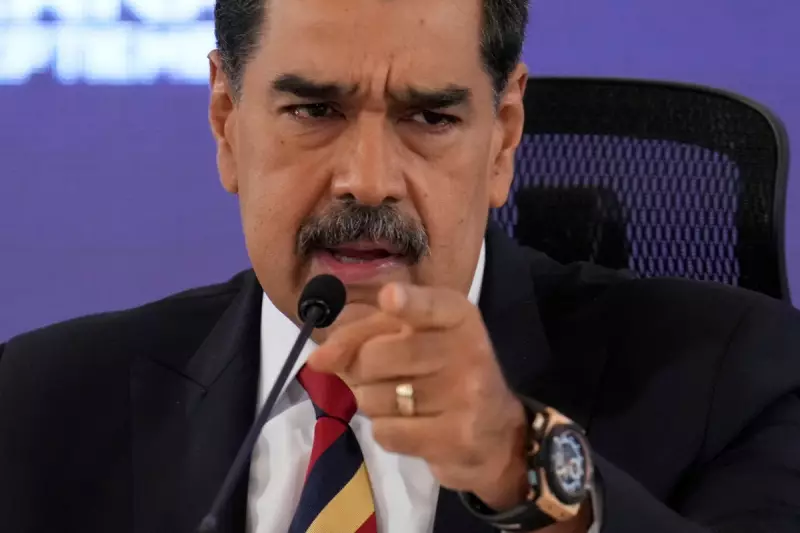
Venezuelan President Nicolás Maduro has dramatically escalated a long-simmering territorial dispute by ordering the immediate deployment of military assets, including a warship, to the Caribbean coast. This aggressive move comes amidst a fierce diplomatic row with neighbouring Guyana over the oil-rich Essequibo region.
The direct provocation follows a Sunday referendum where Venezuelan voters allegedly backed the creation of a new state within the contested territory, a claim widely disputed by international observers. In a televised address, a defiant Maduro also took aim at UK energy interests, specifically announcing the expulsion of the Guyanese subsidiary of British oil giant BP.
A Decades-Old Dispute Ignites
The heart of the crisis is the 160,000-square-kilometre Essequibo region, which has been under Guyanese control for over a century. The dispute was thought to be settled by an international tribunal in 1899, but Venezuela has reignited its claim following major offshore oil discoveries by ExxonMobil and its partners in recent years.
Guyana’s President Irfaan Ali has placed the nation’s defence forces on ‘high alert’, labelling Caracas’s actions a ‘grave threat to international peace and security’. The government has urgently appealed to the United Nations and the United States for support.
International Condemnation and Warnings
The global community has reacted with swift concern. The US Department of State has called for a ‘peaceful resolution’ in accordance with international law, while regional bodies are scrambling to mediate.
Analysts suggest Maduro’s bold manoeuvre is a strategic play to rally nationalistic fervour ahead of a crucial 2024 presidential election. By challenging Western powers and flexing military muscle, he aims to consolidate domestic power and assert Venezuela's influence on the regional stage, directly challenging UK and US economic interests in the process.





